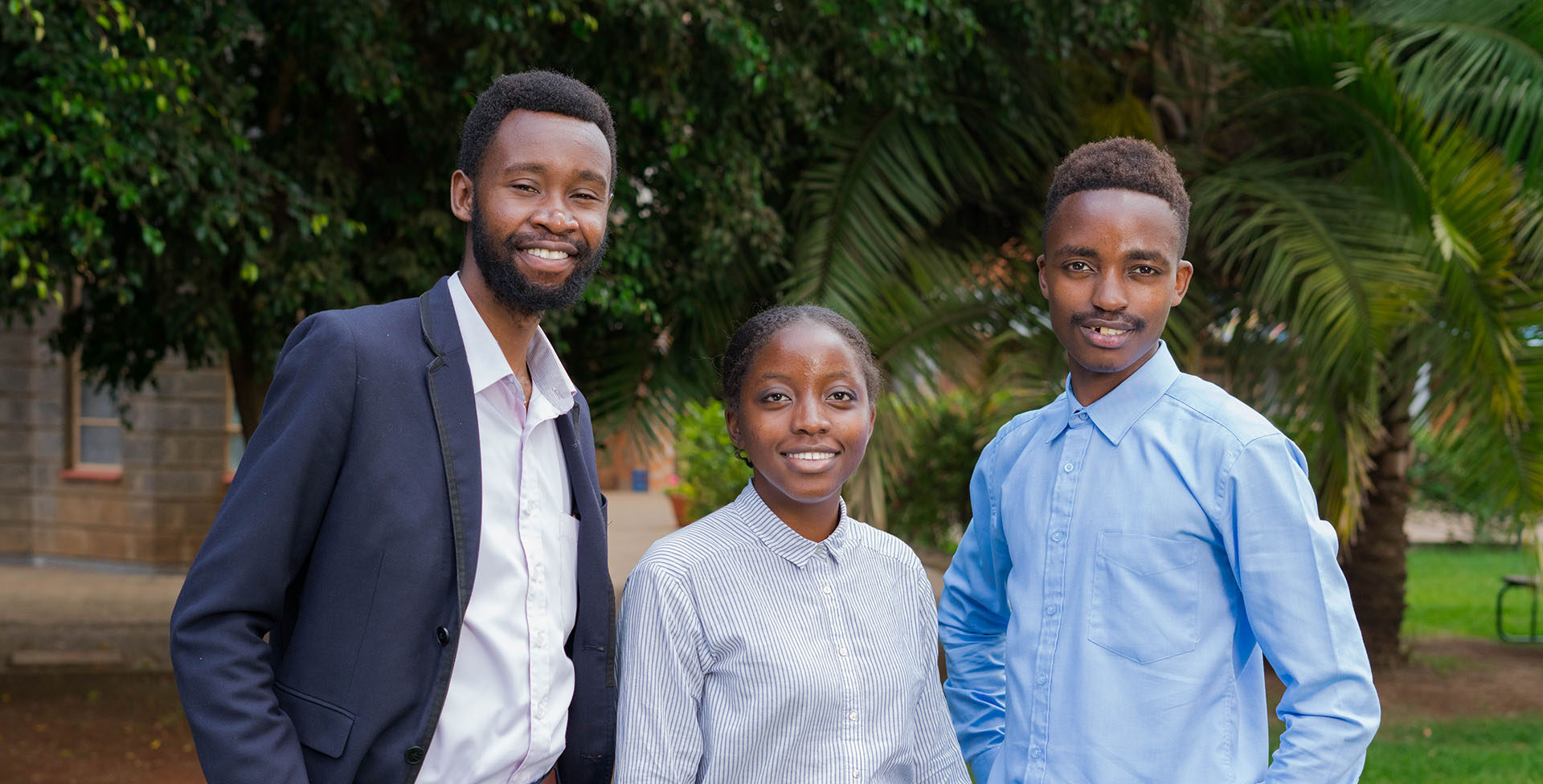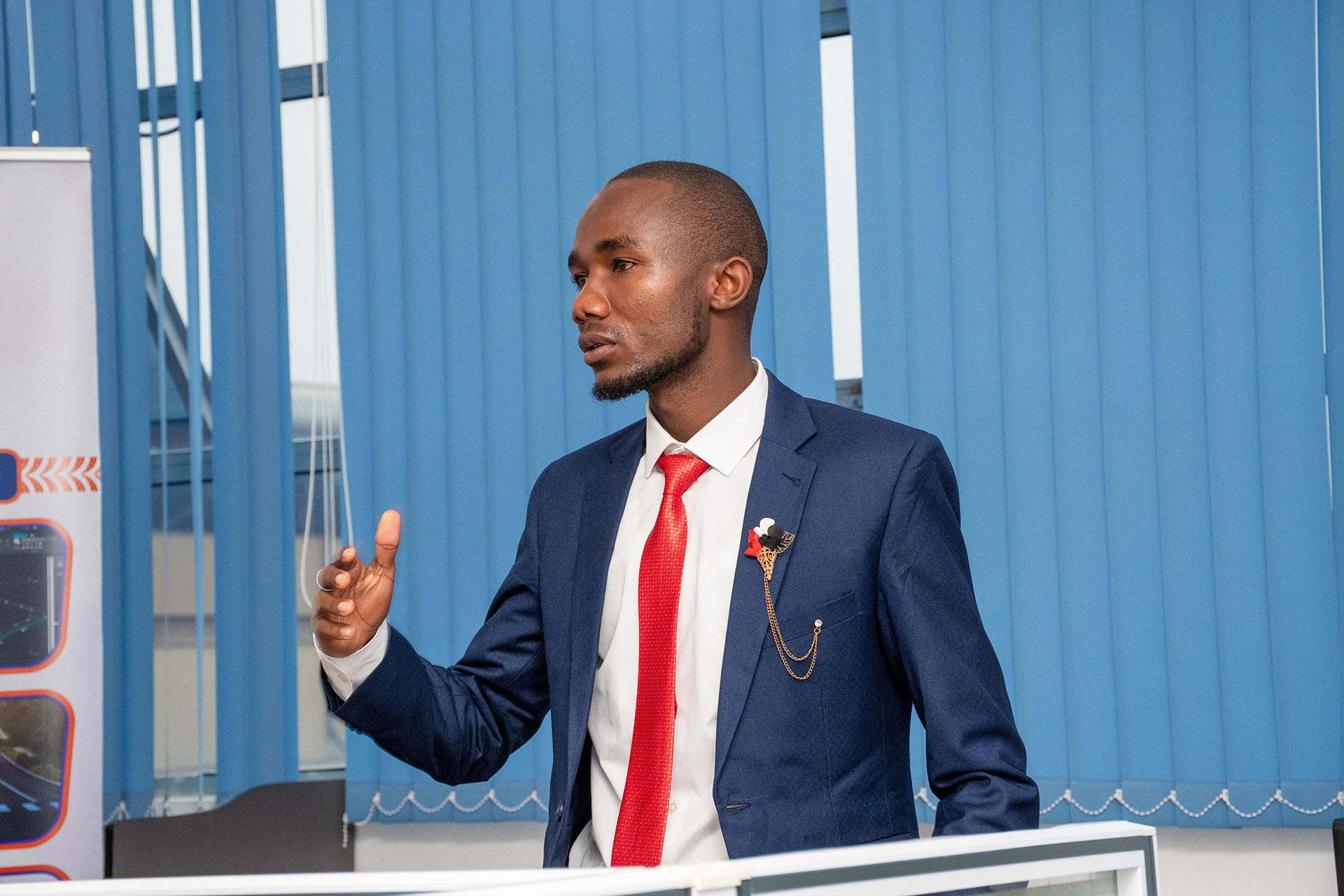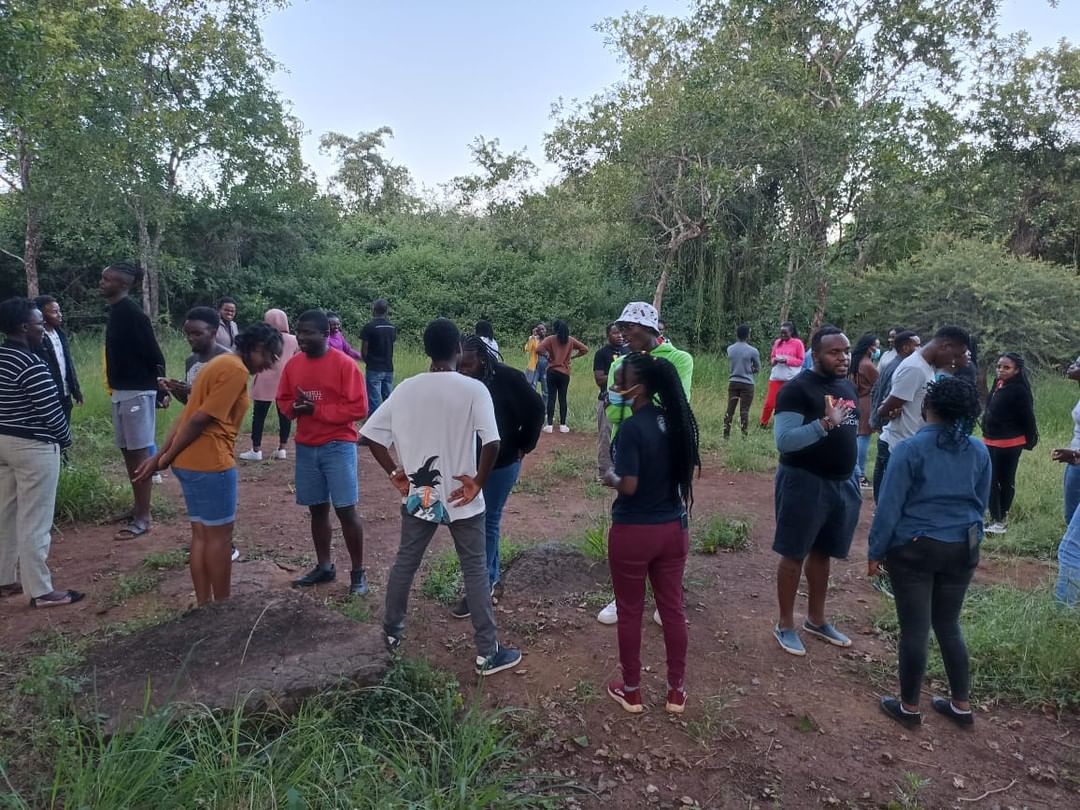Ubuntu is … recognizing and healing your traumas
I grew up in poverty. That means, that for the most part, I grew up not knowing what success looked like. The one rich person in our village was so rich; none of us had ever seen him. At least I had never seen him as a kid; I only knew his name, and had seen the outside of his large compound once. It was all cemented with cobblestones, and there were pink flowers fallen on the cemented floor, and even then I cannot remember how long I stood there. It felt like I was invading some very personal space; and like I was offending this rich person even in absentia, so I just wanted to get out of there.
I grew up afraid of rich people. I think this means I also grew up afraid of wealth. What I know is that I was so afraid of this person. I was afraid of his things even without ever having seen him. It felt like he was so very important, As the “poor” person you had to know your lane, and fear them, and adore them, then maybe by some chance when you met them they wouldn’t punish you; they would reward you.
I grew up “knowing” that some people were just more important than others were, and I was not one of the important ones. Anyone rich was more important than I was.
I grew up feeling unworthy, but I did not even know that was what I was feeling, it was just what was normal. I saw it with my mom, saw it with my neighbors, and saw it with my relatives. All of us in the same social class and financial capacity seemed to have the same attitude toward the wealthier people; we were afraid of them, we tended to worship them, and openly considered them worthier than us.
I grew up “knowing” that some people were more worthy than others were, and rich people were worthier than we were. They were worthy of respect, worthy of fear, worthy of being buttered up, worthy of more space. Even in my local church, the rich visitors ate special food, had special seats set apart for them, and the elders would talk to them personally. I had been in the same church for years; no elder had ever talked to me personally. Surely, this had to mean these visitors had some higher worth than I did, no?
I grew up knowing that my best chance at life was sucking up to my rich relatives so that they would give me favors. I grew up knowing the language of a beggar; you needed to sound helpless and dependent when you talked to a rich person. You needed to talk to these people as if they were your only way out. It seemed as if the way to success was to stroke a rich person’s ego.
I did not intentionally choose to see things that way; I just followed what I observed around me. It is needless to say that as I matured up I have both been intimidated by and resented rich people … I have unfairly judged many of them as proud, condescending, and entitled. I did feel very strong hate toward my “richer” schoolmates for a while in high school and in campus… but that is a whole other story. The point is; my journey to feeling worthy has been a long one, mostly involving releasing many of my ingrained flawed perspectives of the world; perspectives that I picked from childhood. In truth, some of these flawed perspectives are still very alive in me, I still find that they are often my default response to the world, I am only lucky that I can tell when I am drifting back to them, and course correct.
So how does all this relate to Ubuntu?
Ubuntu is a concept that none of us can make on our own. It is a recognition of intergenerational connectedness. It is the wisdom to recognize and use the present natural and financial resources wisely for the sake of future generations. For example, it is wise for present leaders to invest the present resources instead of being corrupt, embezzling public funds, and leaving a broken economy for future generations to inherit. Ubuntu is recognizing that the choices we make in the present about the environment, technology, beliefs, natural resources, etc. will directly affect future generations, either positively or negatively.
However, what does Ubuntu look like for an individual? What legacy have our ancestors left for us as a continent, as a nation, as families, and as individuals? Why is half the African population living in poverty? Is it a coincidence that a majority of rural African occupants still make weird noises and looks when they see white people, some openly asking for “dollars”, because THEY SEEM TO BELIEVE A WHITE PERSON IS RICHER, BETTER, or Worthier? Is the shortsightedness of our leaders an individual problem or inherited trauma? Is the greed by those in influence a personal vice, or generational trauma?
POVERTY IS TRAUMA. People may not want to recognize it, but I know for sure, for myself, that of the many other traumas I have and still need to keep working through, poverty is one of them.
Because poverty goes to the core of your person; Your worth; Your view of life. Your view of wealth. A person that has grown up in poverty is highly likely to have low self-esteem. “Rich” people, wealthier people, easily intimidate them. Poverty conditions one to see life as a struggle, and resources as limited. A person who grew up with just enough for the day is likely to live in survival mode even when they get more; always fearful that a day is coming when what they have will not be enough, so they need to stack up more and more. A person traumatized by poverty can easily spend everything they get because they never learned how to invest, or build, because they grew up in a setup where all income was spent, and in fact, was never enough.
Therefore, when I asked what Ubuntu meant to me, the answer was easy. However, perhaps before I share what my answer was, I should explain the context for that question:
I am an alumnus of Lapid Leaders Africa, a personal development and leadership organization working with young people in Africa to help them develop into the best version of themselves, and be fully equipped future leaders for Africa. Sometime back in August this year, the founder and CEO of the organization, Esther Mwaniki, reached out to a few of the alumni, that a team from the United States was doing a documentary on Ubuntu, and they wanted Lapid Leaders Africa to be part of the documentary. That documentary team asked each of the Lapid Alumni what Ubuntu meant to them, as part of the documentary.
My answer was easy; That Ubuntu is filling your cup because you cannot pour from an empty one. As I look back now, what I meant was that Ubuntu is first recognizing, then acknowledging, then accepting, and finally healing your traumas. You cannot purport to “build for future generations” when you can barely build your own life in the present.
I am strongly convinced that part of the continued poverty in Africa is attributable to the generational trauma our ancestors transferred to us. They lived as survivors, and thus they could only teach us about surviving. They lived in fear of the colonizers, so they transferred to us the same fear and “reverence” for the West. They lived as beggars in their own land while the colonizer prospered, thus they transferred to us a mentality of helplessness in our own land. They could only work in the lands owned by their oppressors, thus they built educational systems to make good workers, and not owners. They were often choice less when it came to economic matters, and our continent is still largely living as if we have limited economic choices, yet we have the largest volumes of unexploited resources.
Those of our ancestors who “made it” mostly did so by aligning with the colonizers. They were slavers of their own people. They sold their loyalty for land, money, influence, power, or all of those, at the cost of their communities. This group made the pioneer leaders of our nations on this continent. Is it a wonder then that even now, the biggest complaint about leadership in Africa is that there is corruption, misuse of public funds, and enrichment of a few individuals at the cost of the larger population?
We have inherited the traumas of our forefathers; and to me; our hope of WHOLESOMELY building for future generations lies in us slowing down, questioning what traumas inform our present choices, actively taking steps to heal from the shame and burden of those traumas; then we can stand a chance at building maturely, first for ourselves, then for the futures. You cannot pour from an empty cup; else, the same emptiness is what the recipients shall inherit. That is what Ubuntu means to me.
Written by Risper Wanja Njagi



